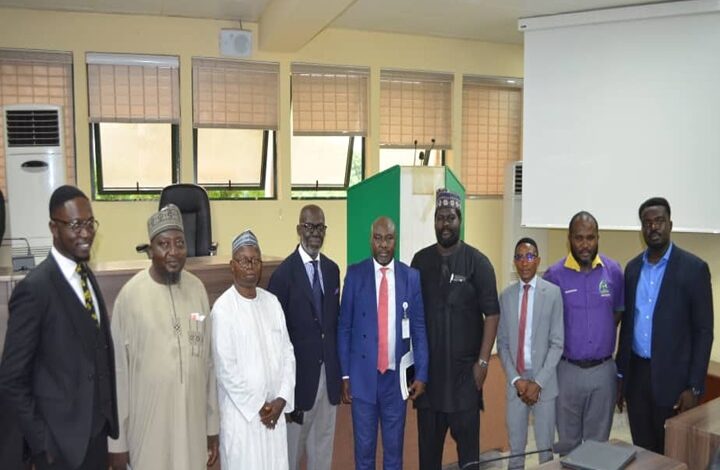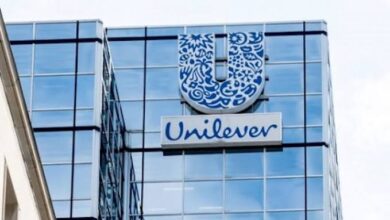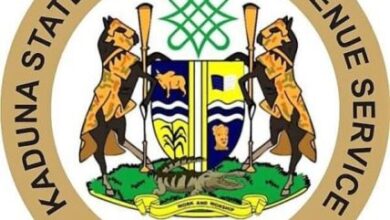FCT seeks RMAFC’s support for infrastructure development funds

The Federal Capital Territory (FCT) recently approached the Revenue Mobilization Commission seeking financial backing for critical projects.
A high-level FCT delegation visited RMAFC headquarters to present development proposals for accessing natural resource funds.
Led by FCT-IRS Acting Chairman Michael Ango, the team outlined plans to boost agriculture, tourism and mineral exploration.
Ambassador Desmond Akawor welcomed the delegation, praising Minister Wike’s innovative approach to economic diversification through key sectors.
The proposed initiatives aim to transform Abuja’s infrastructure and food security systems.
Projects include dam rehabilitation, solar irrigation systems, and modernized grain markets to support local farmers.
Six mechanization centers would provide equipment while new storage technologies would reduce harvest losses.
During discussions, commissioners questioned implementation strategies and expected outcomes. Ango assured transparent fund utilization, emphasizing the projects’ potential to create jobs and improve livelihoods. The request follows Minister Wike’s formal application for NRDF resources.
Ambassador Ngbako commended FCT’s revenue generation efforts, urging colleagues to approve the funding request. He highlighted the territory’s developmental progress under current leadership while stressing RMAFC’s commitment to equitable resource allocation.
The commission pledged thorough evaluation of all proposals, balancing regional needs with national growth objectives. This engagement demonstrates collaborative efforts to achieve sustainable development across Nigeria’s administrative capital. Final recommendations will be forwarded to the Presidency after project site verification.
RMAFC reaffirmed its role in ensuring fiscal responsibility while supporting initiatives aligned with the Renewed Hope Agenda. The FCT’s ambitious plan represents a strategic investment in Nigeria’s economic future through infrastructure modernization and agricultural transformation.
Both parties expressed optimism about the potential impact of approved projects on food security and job creation. The commission’s decision will significantly influence Abuja’s development trajectory in coming years.
This process underscores the importance of intergovernmental cooperation in addressing Nigeria’s infrastructure challenges. Successful implementation could serve as a model for other states seeking similar developmental partnerships.
The FCT’s comprehensive proposal reflects careful planning to maximize limited resources for public benefit. RMAFC’s final assessment will determine whether these visionary projects receive necessary funding to become reality.
Stakeholders await the commission’s verdict as Abuja positions itself for transformative growth across multiple economic sectors. The outcome will demonstrate Nigeria’s commitment to balanced regional development through strategic fiscal interventions.
Post Views: 43





